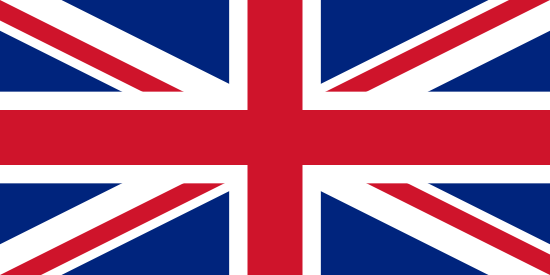What must be considered when
purchasing feed containing soy?
- Purchase of soy-containing QS-certified feed: In this case, no
additional requirements for the purchase of feed need to be observed.
All requirements are fulfilled with the purchase of QS feed. In addition
to labelling as QS product, the feed is labelled with the claim QS-Soyplus
or in accordance with the regulations of a recognised standard for the
additional module QS-Soyplus. - Purchase of soy beans (= primary agricultural product): If soy beans are
procured as a primary agricultural product by QS livestock owners or
grown by them and used in their own feed, no requirements for certification
of more sustainable cultivation currently apply: they can be procured freely -
just like other primary products. - Note: When purchasing soy-containing feed via a QS-recognised standard,
livestock owners may only purchase goods that are QS-Soyplus-compliant.
When ordering, they must therefore state that the feed is being ordered for
a QS company and that it may only contain compliant soy.
How can livestock owners check whether feed
containing soy is suitable and whether the feed
companies are eligible to deliver?
- All feed companies that comply with the requirements for the purchase of more sustainable
soy are labelled accordingly in the public scheme participant search. - For QS feed, labelling - in addition to the labelling as QS goods - is carried out via the
QS-Soyplus claim or in accordance with the regulations of a recognised standard for
the QS-Soyplus add-on module. - If a feed company is certified according to a recognised standard, the regulations of the
respective recognised standard apply to labelling. Most recognised schemes, such as
GMP+ Int., use positive labelling: the goods are therefore clearly labelled. However,
some schemes, such as EFISC-GTP, use negative labelling (labelling that the soy
contained is not sustainably certified). In this case, care must therefore be taken
to ensure that no labelling is present.
Are feed companies allowed to sell QS feed
containing soy as not QS-Soyplus compliant
?
No. Since 1 January 2024, QS feed companies must implement the additional module QS-Soyplus or a recognised standard for the additional module QS-Soyplus for all feed containing soy. This means that it is not permitted at the feed sector stage to market soy as QS products that do not meet the requirements of the additional module. It would then no longer be QS products. This applies to new goods as well as to remaining stocks from 2023 and contracts that have already been concluded. The delivery date is decisive: goods purchased after the beginning of 2024 must be QS products as always and also QS-Soyplus-compliant if they contain soy.
My feed supplier offers QS-Soyplus at a higher price.
Who pays for the additional costs?
The add-on module QS-Soyplus and the purchase of more sustainable raw materials generate additional costs at the feed sector, which may also affect feed prices. The prices must of course be agreed directly between the supplier and recipient. Ultimately, the entire QS chain has agreed on the use of more sustainable soy. As a quality assurance system, QS has no influence on the price development of feed or slaughter animals, as this is subject to market forces.
Is the soy I buy now more sustainable?
Yes, all soy that has been traded in the QS scheme since 1 January 2024 must meet the requirements of the additional module QS-Soyplus. All four supply chain models are currently accepted in this additional module: Book & Claim, Mass Balancing, Segregation and Identity preserved. Depending on the supply chain model, it is therefore either physically more sustainably grown soy - fully or proportionately mixed in - or it is soy for which the cultivation of more sustainably grown soy is financed via certificate equalisation.


